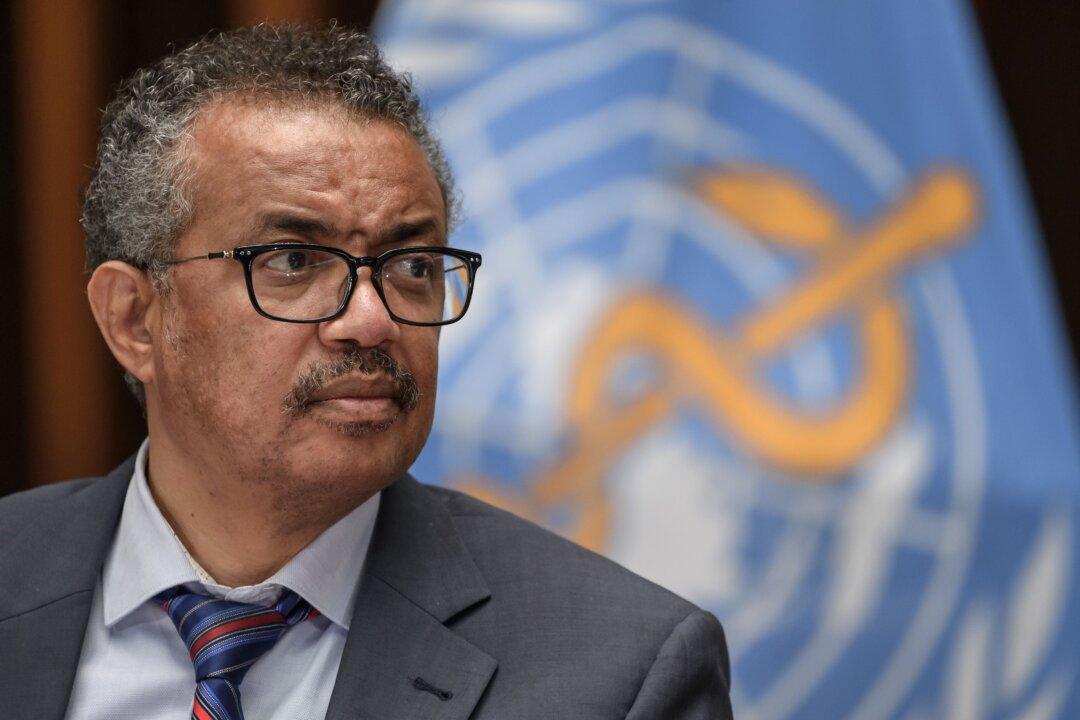The World Health Organization (WHO) has determined that the outbreak of monkeypox across multiple countries does not constitute a Public Health Emergency of International Concern (PHEIC) “at present,” according to WHO Director-General Tedros Adhanom Ghebreyesus and the International Health Response (IHR) Emergency Committee.
In the meeting statement, released on June 25, the WHO determined that monkeypox is currently not at the extent that establishes a PHEIC, which is defined as an “extraordinary event” that constitutes public health risks to other states through international transmission and requires a coordinated international response.






